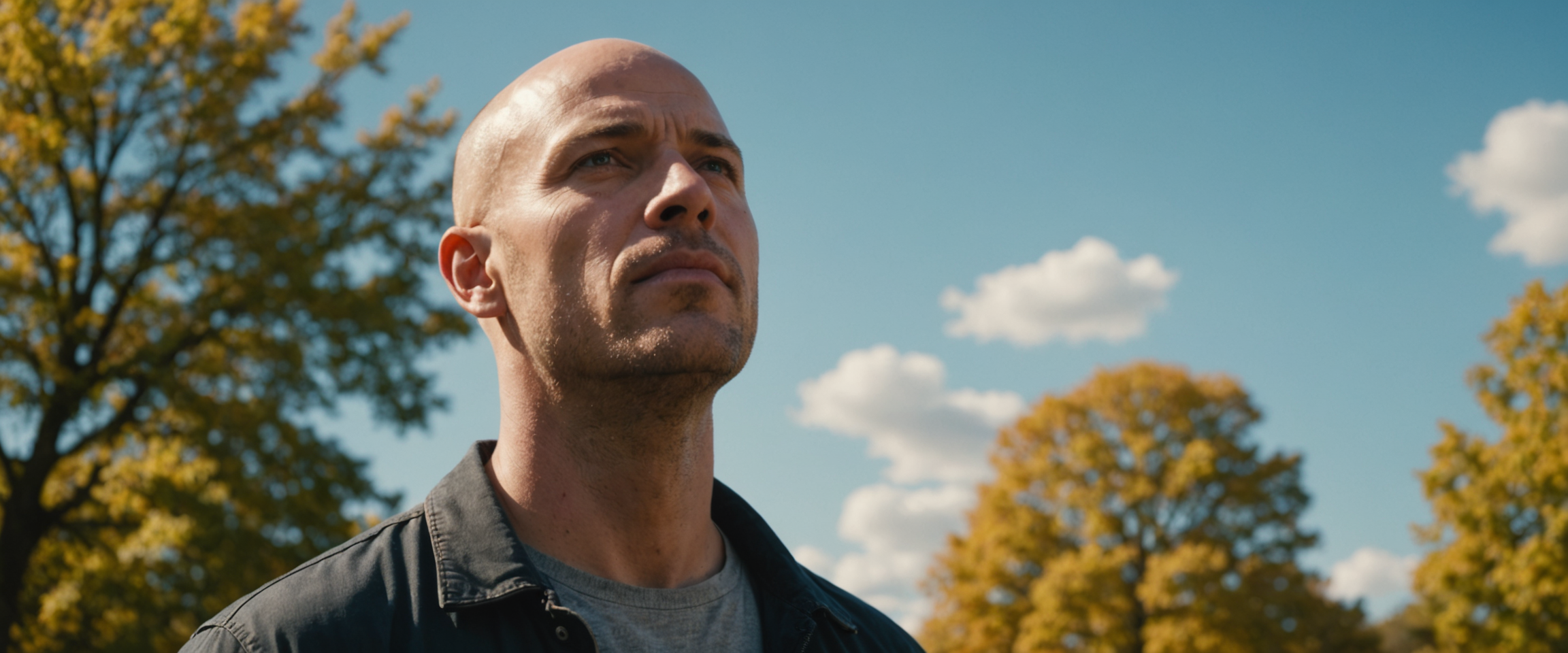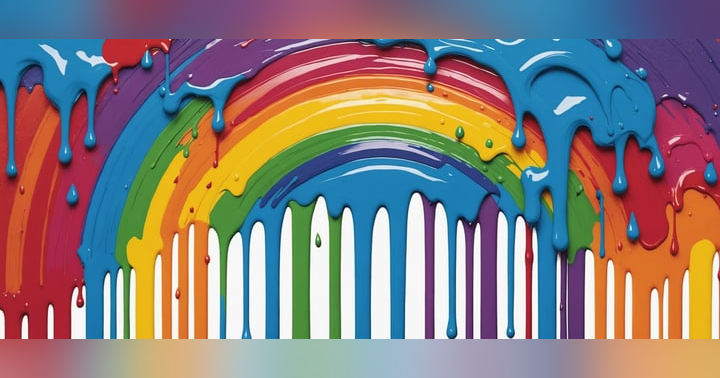Faith, Identity, and Healing: The Harms of Conversion Therapy and the Journey to Authenticity

The Struggle for Acceptance
The intersection of faith and identity can be especially fraught for gay men, as religious beliefs and sexual orientation often collide. For many, religion can be a source of community, belonging, and purpose. However, the desire for acceptance within faith communities can lead to profound inner turmoil when that acceptance hinges on suppressing or changing one's identity.
This struggle is exacerbated by the existence of conversion therapy—a discredited and harmful practice that seeks to alter an individual’s sexual orientation. Instead of fostering healing, conversion therapy perpetuates shame, erodes self-worth, and leaves lasting psychological scars.
Seth Showalter, a licensed clinical social worker and author of Finally Free: A Surrender to Authenticity, emphasizes the devastating impact conversion therapy has. Growing up in a religious environment, he endured the trauma of attempting to reconcile his identity with his faith through these harmful practices. His journey highlights not only the deep wounds inflicted by conversion therapy but also the resilience required to embrace self-acceptance.
Religion as a Source of Conflict and Rejection
For gay men raised in religious environments, the church often represents a haven—a place of community and guidance. Yet, when sexual orientation comes into question, this sense of refuge can quickly turn into rejection. The duality of seeking solace in faith while grappling with its condemnation of one's identity creates a profound internal conflict.
Family and religious communities, often deeply intertwined, amplify the stakes. Many individuals feel immense pressure to conform, fearing ostracization from both their loved ones and their spiritual communities. Conversion therapy is frequently presented as a solution, but it often compounds the harm, isolating individuals from supportive relationships and further entrenching feelings of guilt and shame.
The Harm of Conversion Therapy on Gay Men
Conversion therapy is rooted in the false belief that homosexuality is a defect that can be "corrected." Often framed as a religious or therapeutic intervention, it employs invasive and coercive techniques, including prayer sessions, behavior modification, and psychological manipulation. Survivors recount experiences of forced confessions, intrusive questioning, and being paired with so-called "ex-gay" mentors who claim to have undergone similar "transformations."
Far from fostering spiritual clarity or growth, these practices aim to suppress a core part of a person’s identity. Many who undergo conversion therapy are left with deep feelings of inadequacy, shame, and isolation. The pervasive message that being gay is inherently wrong undermines self-esteem and fosters internalized homophobia, often leading to long-term mental health challenges such as depression, anxiety, and PTSD.
The Psychological and Spiritual Fallout
The trauma inflicted by conversion therapy extends far beyond the program itself. Survivors frequently grapple with feelings of betrayal—not only by the practitioners but also by the religious institutions they trusted. These programs undermine confidence in one’s identity and spirituality, leaving individuals disconnected from both faith and self.
Moreover, the pseudo-therapeutic methods used in conversion therapy are devoid of scientific basis. Outdated theories, such as attributing homosexuality to family dynamics like an "overbearing mother" or "distant father," perpetuate harmful stereotypes without offering meaningful support. Instead, participants are subjected to emotionally invasive rituals, leaving them to navigate the aftermath of their experiences alone.
Toward Healing and Advocacy
Healing from the trauma of conversion therapy is a challenging but attainable journey. Many survivors begin by deconstructing harmful religious teachings and seeking affirming spaces where their identities are celebrated. This may involve redefining their relationship with faith or finding spiritual communities that embrace LGBTQ+ individuals.
Additionally, advocacy plays a crucial role in protecting future generations. Efforts to ban conversion therapy and amplify survivor stories bring much-needed attention to its harms. These narratives not only expose the devastating effects of the practice but also highlight the resilience of those who have reclaimed their authenticity.
At the heart of this movement is the recognition that sexuality is not something to be "fixed" but a natural and integral part of a person’s identity. By fostering inclusive and affirming spaces, society can challenge the harmful narratives that perpetuate shame and self-rejection.
Embracing Authenticity and Reclaiming Faith
Religion and sexuality do not have to exist in opposition. By rejecting harmful practices like conversion therapy and embracing a compassionate approach, faith communities can become places of healing rather than harm. True spirituality is rooted in love, acceptance, and the celebration of diversity.
For gay men and others navigating the intersection of faith and identity, the journey toward self-acceptance is a testament to resilience. Building supportive networks and sharing stories of authenticity provide a roadmap for others, showing that reconciliation is possible. Ultimately, the path to healing begins with rejecting shame and embracing love—for oneself and others—in an effort to pave the way for a brighter, more inclusive future for all.
And remember: every day is all we have, so you've got to make your own happiness.
For more information on this topic, listen to Episode 76. Finally Free (with Seth Showalter).
Tune into your favorite podcast player every Tuesday for new episodes of A Jaded Gay.


















